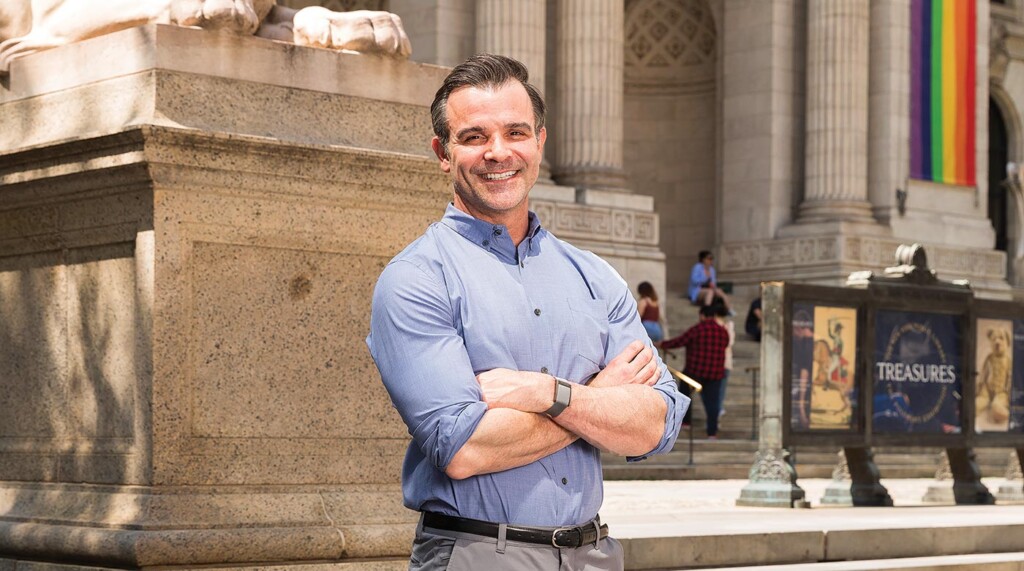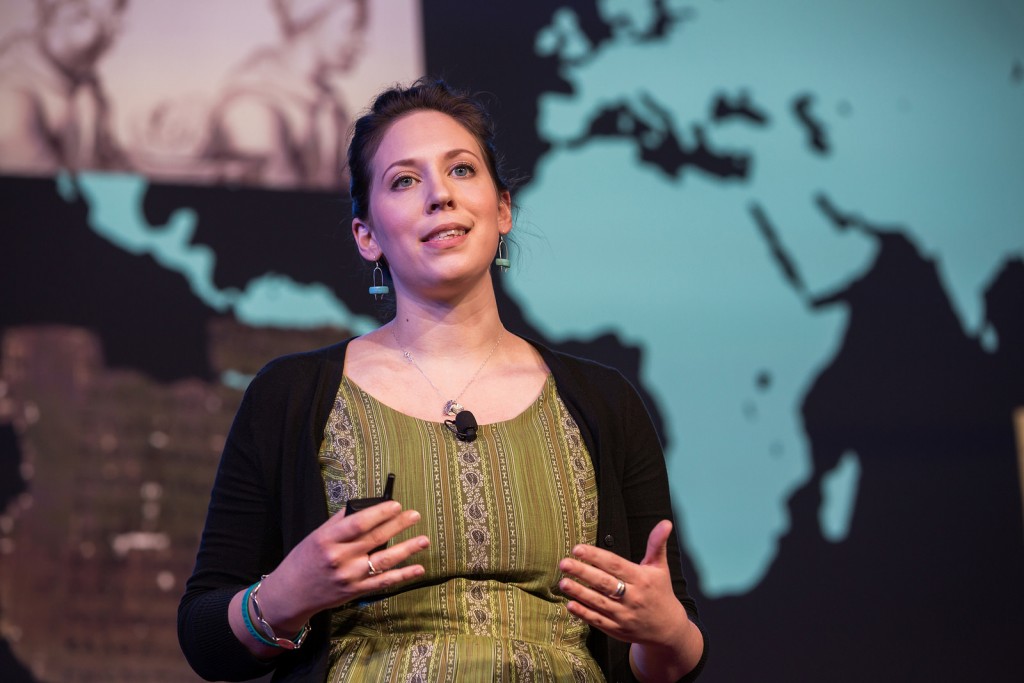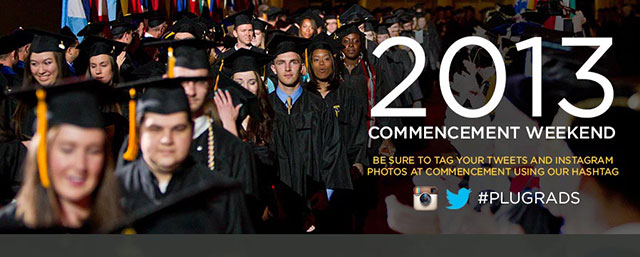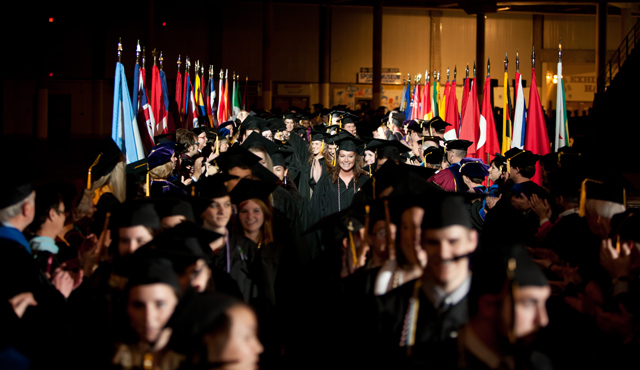Page 32 • (322 results in 0.136 seconds)
-

In recognition of the 500th anniversary of the Lutheran reformation, throughout the 2016-17 academic year a wide range of academic, community and artistic events at Pacific Lutheran University will address questions and concepts relating to Re•forming. UPCOMING EVENTS Second Annual César Chávez & Dolores Huerta…
March 8 | 7:30 p.m. | Anderson University Center (Scandinavian Cultural Center) This year’s distinguished speaker is Dr. Jim Anderson, Philip S. Weld Professor of Atmospheric Chemistry at Harvard University. His lecture is titled “The Science and Politics of Global Climate Change.” Duke Ellington’s Sacred Concerts March 15 | 8 p.m. | Karen Hille Phillips Center for the Performing Arts Members of PLU’s choral and jazz ensembles will perform selections from Duke Ellington’s “Sacred Concerts.” Religion
-

Associate Professor of Biology Jacob Egge works with students during a summer semester research project. (Photo by PLU Photographer John Froschauer) Faculty-Student Research Provides a Cornerstone of the PLU Mission By Pacific Lutheran University Marketing & Communications and the Office of the Provost This year’s…
of what the crucial moral considerations in the Jus in Bello portion of just war theory are. We are seeking to bring the discipline of philosophy, and ethical theory in particular, to bear on the issue of how soldiers make decisions on the battlefield. This is an emergent issue in military ethics that has implications relative to what actions in war are morally permissible, based on the knowledge soldiers are capable of obtaining amidst the chaos of war. This project would further and sharpen
-

In 1997, Brian Bannon was a PLU senior. An exemplary student, he wrote for The Mast, and was a double major researching social justice through the lens of queer rights movements. One afternoon, Bannon found himself in the office of history professor Beth Kraig, discussing…
curricula that incorporate materials from the library’s extensive archive of original letters, newspapers, works of art and other historical materials. “It’s particularly powerful today, especially considering debates around critical race theory or what’s considered true history,” Bannon says. “Primary source documents on their own can tell a really powerful story that doesn’t have to be my opinion or your opinion.” The center is just one example of a portfolio of innovative initiatives Bannon is
-

A National Honor for ‘Digging into Cancer’ ‘Fast Company’ magazine names Hunt one of its 100 Most Creative People of 2014 . A Survivor in the Global Spotlight Katie Hunt ’11 fought cancer at PLU, leads the emerging field of paleo-oncology and wowed the crowd…
potentially huge impact. “She is on the ground floor of a relatively new field that has the possibility of making all kinds of great insights into cancer in the evolution of history,” Ryan said. As Hunt and other researchers unearth more and more ancient evidence—breast cancer in 3500 B.C. Egypt, osteo-sarcoma in a T. rex femur—Hunt has formed an intriguing theory: She believes cancer is inherent in human beings and is aggravated by—rather than caused by—environmental factors. Her goal now is to gather
-

For the 2012-2013 academic year, 877 students will have graduated from PLU. Spring Commencement takes place Sunday, May 26 in the Tacoma Dome. (Photo by John Froschauer) In their own words Compiled and edited by Chris Albert This spring, new PLU graduates closed a chapter…
experience: My PLU experience has been truly life-changing. As a first year, I would have never been able to guess what kind of journey I was about to embark on. During my time at PLU, I met many lifelong friends – including the girl that I get to marry! On top of that, I had learning opportunities that challenged me both academically and as an individual. Zachary Grah ’13 is from Puyallup, Wash. The school of business combined theory with relevant projects involving real organizations. This education
-

PLU Student-Faculty Research on Health Care and High Technology A conversation with 2016 Benson fellows Marc Vetter and Matthew Macfarlane The following excerpts were gathered from a May 26, 2017 conversation between Benson Family Chair Michael Halvorson and the 2016 Benson research fellows Marc Vetter…
liked the music, and I’m especially into Jazz, so it was great fun.” Michael: “Great—I’ve seen that film, too. This is the film that begins on a crowded L.A. freeway, and suddenly—POW!—the people are all singing and dancing on the overpass in the bright Southern California sun.” Marc: “Apparently, filming that took about three days and the freeway was closed most of the time. They really shut down L.A. for it!” Matt: “Strangely, I haven’t seen La La Land yet. But we did have a fun student film night
-
Originally published in 2005 For two weeks of March, 2000, in the vast jungle along Mexico’s southern border with Belize, I joined a team of biologists and hounds in chasing and capturing a wild jaguar. I was in Mexico as a Fulbright Scholar. It took…
no “animal studies program” in any American university. In fact, the phrase “animal studies” does not even exist except as I am here using it informally. Even making the comparison between animals and historically oppressed people is much more likely to offend the people involved than ennoble the cause of animals. This even though many feminists, like Carol J. Adams in The Sexual Politics of Meat: A Feminist-Vegetarian Critical Theory (Continuum 1990), have argued animals and women have both been
-
Originally published in 1991 Tertullian, an African Christian writing in the second century of the Church, is perhaps most famous for his defiant one-liner about the resurrection, “I believe it because it is absurd.” The only trouble is: he never wrote those words, and wouldn’t…
where one might have thought they would: with other metaphysical beliefs. We all have beliefs about what there is, what is of value, and how knowledge may be obtained, that play a crucial role in our worldview. Though they are not closely tied to experience in the way a low-level scientific theory is, most of us would insist both that we really did have some reason for accepting them, and that we were open to being shown wrong. They are beliefs on which we continually act, not waiting around for
-

More than 850 students will graduate from PLU for the 2011-2012 academic year. Spring Commencement takes place Sunday, May 27 in the Tacoma Dome. (Photo by John Froschauer) In their own words Compiled and edited by Chris Albert This spring, new PLU graduates closed a…
campus so beautiful and all the staff and faculty were welcoming and excited for my future! My PLU experience: At PLU I have been academically challenged and enriched in subjects from gender studies, environmental justice and jazz. I’ve learned to take risks and always found a community to fall back on. Because so much time is devoted to looking at issues and topics from a perspective other than my own, I have been challenged to discover my own capacity for compassion. What’s next? I’m hoping to get
-

For the 2012-2013 academic year, 877 students will have graduated from PLU. Spring Commencement takes place Sunday, May 26 in the Tacoma Dome. (Photo by John Froschauer) In their own words Compiled and edited by Chris Albert This spring, new PLU graduates closed a chapter…
for me the moment I stepped onto campus. I have taken classes in jazz, choir, political science, math, engineering, environmental science, geoscience, and physics and had the opportunity to be part of two summer research teams: one in physics and one in computer science and computer engineering. I have friends in every building on campus and love saying hi to people everywhere I go. I will remember PLU for the awesome conversations with mentors, late night snacks at the Old Main Market, swing
Do you have any feedback for us? If so, feel free to use our Feedback Form.


